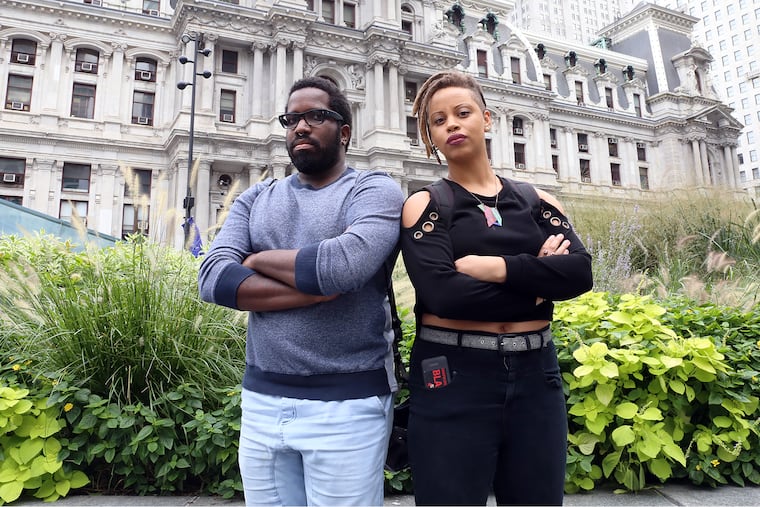This election season, a housing prerogative for all the people | Opinion
District Council members have too much say in land deals, while most Philadelphians don't have enough.

Philadelphia has been taken by a storm of cloak-and-dagger property deals. In February, the story broke about a North Philly developer — Shawn Bullard, also known as “Mr. Bigg" — who beat at least seven other bidders vying for four city lots thanks to the backing of City Council President Darrell Clarke. In September, developer Felton Hayman scored big off a property sale made possible by Councilman Kenyatta Johnson, whose campaign Hayman has contributed to.
Both deals were the result of councilmanic prerogative — raising questions about housing equity in Philadelphia that must be a priority this election season.
Councilmanic or councilperson prerogative refers to an unspoken deference City Councilmembers receive in deciding on land deals that happen within their district’s borders. These district councilpersons wield a strong voice on deals decided by an already small group in power. There are ten Council districts in the city, and seven at-large members who are voted for citywide. This means that the power of council, in terms of public land and its allocation, is in the hands of fewer than 20 people. Prerogative favoring district Councilmembers, however, makes land dispossession specifically their “bread and butter” — an area where they have unchecked, and unparalleled, authority.
It’s time to spread some of that authority around, particularly to those Philadelphians who are most vulnerable to displacement and most need a voice in the city’s property development. A 2017 report on youth homelessness in Philadelphia found a disproportionate and long-lasting displacement of the most marginalized groups. According to this data, 75 percent of young people experienced housing instability following family instability, some as early as from birth, suggesting that housing insecurity is tied to lifelong poverty and displacement. Over 30 percent of the interviewees identified as not heterosexual, and 31 percent identified as African-American, leading any other racial group.
To raise awareness of these issues, the Black and Brown Workers Co-op, an organization I helped to co found with Shani Akilah and Dominique London, launched an anti-displacement platform last summer called “disappearing Blackness is displacement politics,” which tackles the gentrification of West and Southwest Philadelphia. Dominique knows this issue firsthand: She was displaced from her own apartment in Wynnefield. As a whole, our collective focuses on the communities that we have seen be hit hardest by displacement and homelessness: black and brown people, LGBTQIA people, and people living with disabilities, including chronic illness.
We urge city leaders to consider those populations and develop a means by which 40 percent of city-owned land in each district would be reserved for residents and community members — not just officials — to decide its use. After all, when Bullard said he wanted his property to cater to college students and “millennials that work downtown,” that doesn’t sound like it describes most Philadelphians.
Councilmanic prerogative is not about having the community interests in mind — it creates a system that trades favor for favor. If we are to undo the corrupt system, we must expand democracy and community control, from doing away with prerogative to pushing for an elected community control board in each councilmanic district. It shouldn’t be any one person’s prerogative — it has to be all of ours.
Abdul-Aliy A. Muhammad was born and raised in West Philadelphia, where they currently organize with the Black and Brown Workers Co-op and are the campaign manager for Sherrie Cohen, who is running for City Council At-Large.